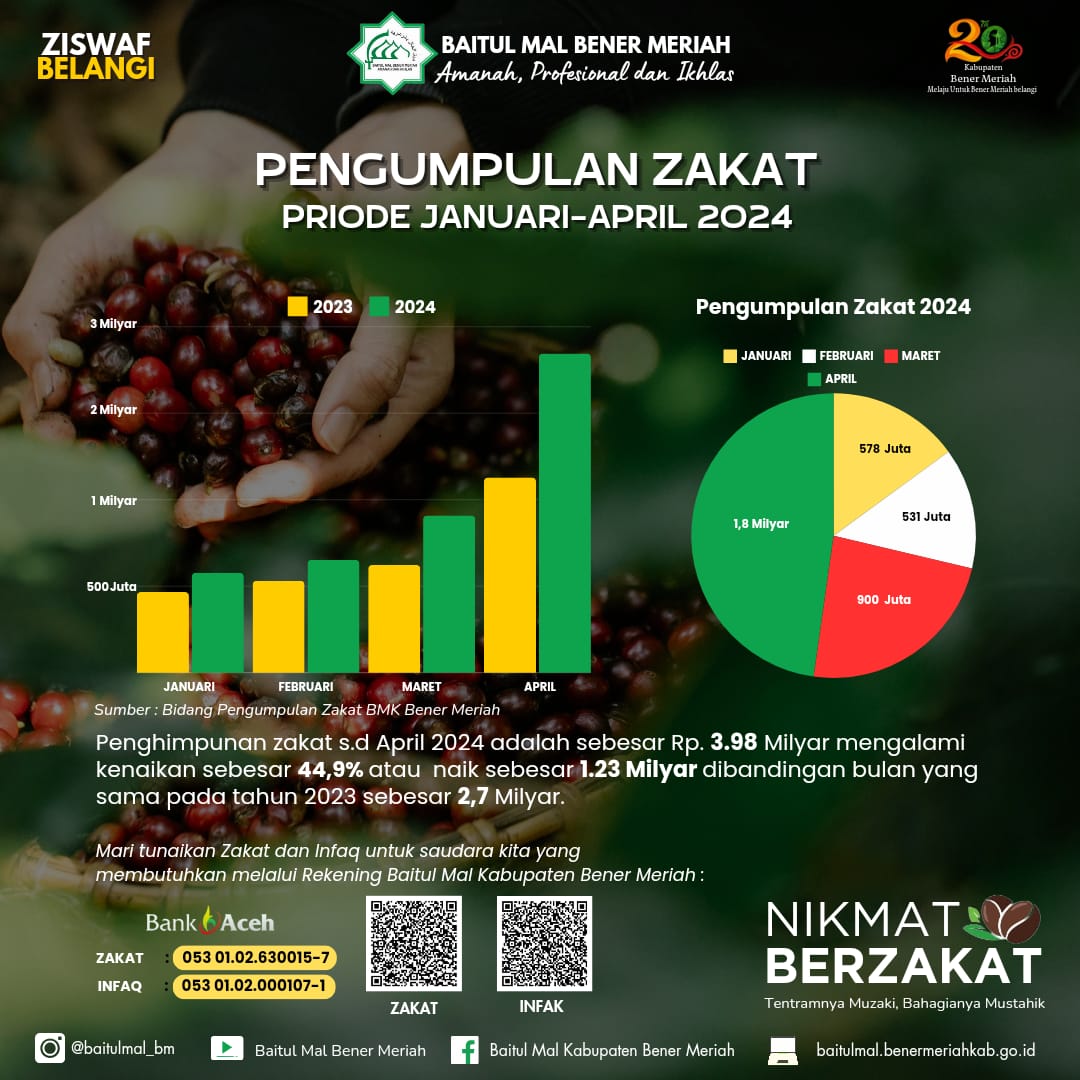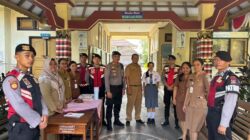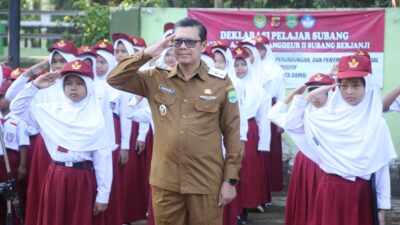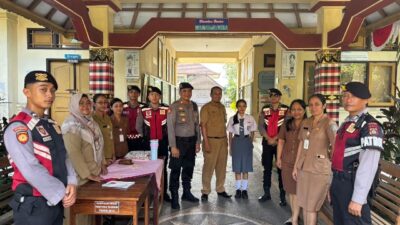Banda aceh – detikperistiwa.co.id
The plan to establish four new Territorial Battalions in Aceh by the Commander of the Iskandar Muda Regional Military Command has been met with strong opposition from various segments of society. The support voiced by a dean from the Faculty of Agriculture at Malikussaleh University for military involvement in food security is seen as a betrayal of reformist ideals and a disregard for the painful historical wounds of the Acehnese people.
Arizal Mahdi, National Chair of Relawan Peduli Rakyat Lintas Batas (RPRLB), stated that the academic’s remarks have sparked public outrage, particularly among Acehnese communities who have long hoped that civil spaces would remain protected from militaristic intervention.
“When the voice of the university—expected to reflect conscience, critical reasoning, and alignment with the people—becomes a tool for legitimising militarisation, public trust in the integrity of higher education is seriously undermined,” Arizal asserted in his statement on Friday, 2 May 2025.
He stressed that food security is not a matter of weapons or barracks, but about empowering farmers, advancing agricultural innovation, and ensuring the active participation of civil society. “Aceh is home to thousands of agricultural graduates, farmers’ groups, and research institutions. When the military is brought into this space, it is the people who are sidelined,” he said.
Opposition to this policy continues to mount as it touches upon the collective memory of the Acehnese people, many of whom endured systematic violence during three decades of armed conflict. For many families in Aceh, the presence of the military in civilian life represents not a solution, but an unhealed trauma.
“For 30 years, the Acehnese lived in fear, and even 20 years of peace have not been enough to dry the tears of the victims. Today, academics—who should serve as guardians of reason—choose instead to trivialise such trauma. It is deeply hurtful,” Arizal lamented.
He added that resistance to militarisation is not limited to activists or civil groups but also comes from survivors of conflict, families of victims, farmers, students, religious scholars, and community leaders—many of whom feel betrayed by university elites who no longer stand with the people.
During the commemoration of the 17th anniversary of the Helsinki Peace Agreement (15 August 2005–2022), a group of young people in Banda Aceh initiated the Letter of Hope project, aimed at amplifying the voices of conflict survivors. One letter read during the event revealed the harrowing experience of an Acehnese woman:
“I was dragged, yelled at, beaten with a weapon, even sexually harassed in front of my child. The pain I felt during the conflict due to the actions of the authorities was indescribable.”
This letter was just one among countless silenced voices, now rising again to remind the nation not to repeat its mistakes.
“When academics ignore the dark history of their own people, what dies is not only ethics—but conscience itself,” Arizal affirmed.
Relawan Peduli Rakyat Lintas Batas reiterated that support for military involvement in civilian programmes, especially in food security, represents a regression of democracy and a threat to the supremacy of civil society.
“Aceh does not need rifles to sow its fields. What we need are empowered farmers, fertile lands, equitable technologies, and leaders of reason and conscience,” Arizal concluded.
Detik Peristiwa


















